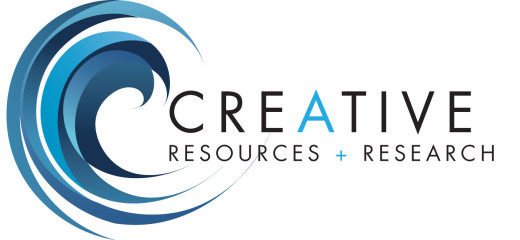7 Types of Data for Grant Proposals You Should Be Collecting Year-Round
Grant applications often require organizations to provide comprehensive data that demonstrates their impact and supports their funding requests. To be well-prepared and save valuable time during the application process, organizations should establish a practice of collecting relevant data for grant proposals year-round. Let’s delve into the essential data collection strategies that will bolster your organization’s chances of securing funding.
1. Program Outcomes and Impact Metrics
To showcase the effectiveness of your programs, gather quantitative and qualitative data related to their outcomes and impact. This could include metrics such as the number of beneficiaries served, improvement in their lives, testimonials, success stories, and any other measurable indicators that demonstrate the positive impact your organization has had.
2. Financial and Budgetary Data for Grant Proposals
Grant applications often require detailed financial information to assess the organization’s fiscal responsibility. Track your financial data year-round, including budgets, revenue and expenditure records, audits, balance sheets, and any other relevant financial documents. Maintaining accurate and transparent financial records helps build trust with funding entities.
3. Demographic and Geographic Data
Collect demographic information about the populations you serve, including age, gender, race, and socioeconomic status. Additionally, gather geographic data to demonstrate the areas where your organization operates and the communities you reach. This information is crucial for funders seeking to ensure equitable distribution of resources.
4. Partnership and Collaboration Data
Many grant applications inquire about your organization’s partnerships and collaborations with other entities. Keep a record of collaborative efforts, including memorandums of understanding, partnership agreements, joint projects, and any other documentation that showcases your organization’s ability to work effectively with others in pursuit of common goals.
5. Evaluation and Monitoring Data
Regularly assess and monitor the progress of your programs through evaluation mechanisms. Collect data for grant proposals that measures the efficiency and effectiveness of your initiatives, such as pre and post-test results, participant feedback surveys, and quality assessments. Robust evaluation data demonstrates a commitment to evidence-based practices and continual improvement.
6. Impact Stories and Testimonials
Beyond quantitative data, collecting compelling impact stories and testimonials strengthens your grant applications. These stories can humanize the work of your organization, provide concrete examples of positive change, and resonate deeply with funders. Regularly record impactful stories from individuals or communities who have benefited from your programs.
7. Research and Relevant Studies
Stay up-to-date with relevant research and studies within your organization’s field. Collect and organize this data for grant proposals, as it can help substantiate the need for your programs and demonstrate that your approach is supported by evidence. Incorporating well-referenced research into your grant applications enhances your credibility and strengthens arguments for support.
Conclusion
Effective grant applications require organizations to provide comprehensive and well-documented data that supports their funding requests. By consistently collecting and organizing essential data year-round, your organization can save valuable time and demonstrate its impact, fiscal responsibility, and ability to collaborate effectively. Building a solid foundation of data will significantly enhance your chances of securing grants and advancing your mission.
Contact us for more help on this topic!


